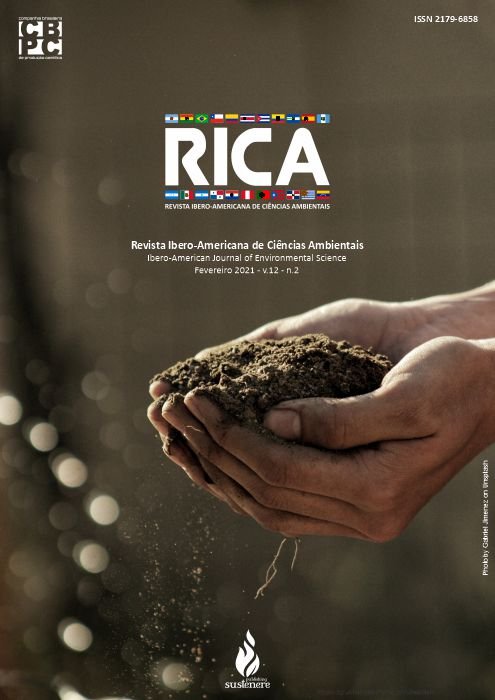Evaluation of the agroecological transition process in agrofamily properties in the municipality of Garanhuns, Pernambuco
DOI:
https://doi.org/10.6008/CBPC2179-6858.2021.002.0013Keywords:
Agroecology, Sustainable development, EnvironmentAbstract
Within the scope of increasingly achieving the sustainability of agricultural production systems, the agroecological transition is understood as a gradual and multilinear process that occurs over time in the forms of management that requires the establishment of a process capable of composing structural changes in the forms management and composition of agro-ecosystem design. This work aimed to analyze agroecological production systems and compare them with those of conventional base, making it possible to classify properties in levels of agroecological transition. The evaluation took place at Sitio Cruz, located in the municipality of Garanhuns / Pernambuco. Five agroecological production properties (SPA) were located and for comparative purposes, three adjacent conventional system properties (SPC) were selected, both family-based. The agroecological transition valuation method was used, in which structured questionnaires were applied with questions involving the techniques, inputs and management used during agricultural production. An update of the method was also carried out, including the fourth level of transition. From the data obtained, it was perceived that the total level of transition in the SPA was superior to the SPC properties. This difference is due to the preference for the use of techniques and agroecological management, as well as a direct relationship between producer and consumer. Updating the method allows for greater efficiency, considering economic and social development and contributing to greater planning and assistance to programs and technical assistance directed to agro-ecological based agriculture.
Downloads
Downloads
Published
Issue
Section
License
The CBPC - Companhia Brasileira de Produção Científica (Brazil CNPJ: 11.221.422/0001-03) the material rights of the published works. The rights relate to the publication of the work anywhere in the world, including rights to renewals, expansions and dissemination of the contribution, as well as other subsidiary rights. All electronically published works may subsequently be published in printed collections under the coordination of this company and / or its partners. The authors preserve the copyright, but are not allowed to publish the contribution in another medium, printed or digital, in Portuguese or in translation.









